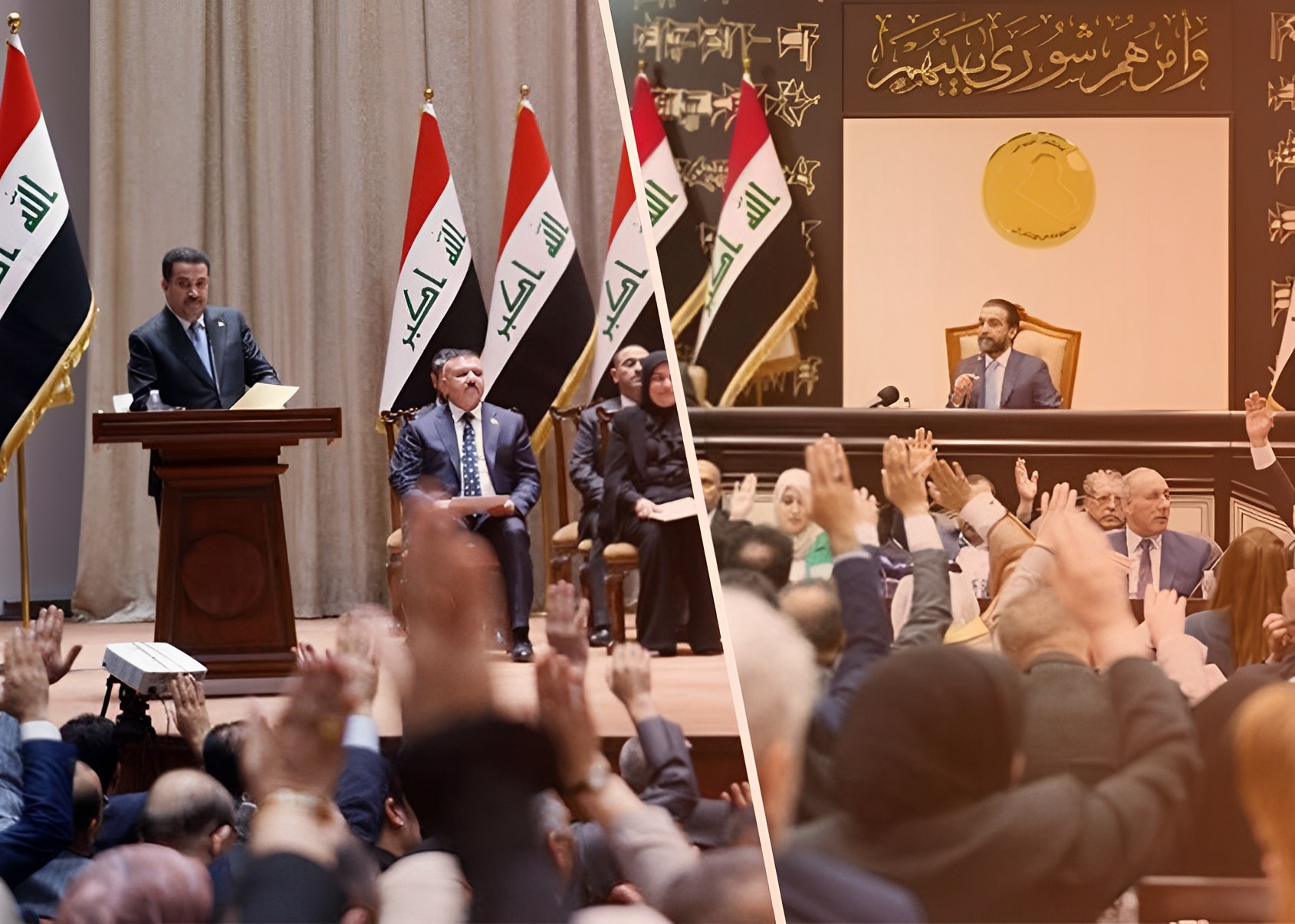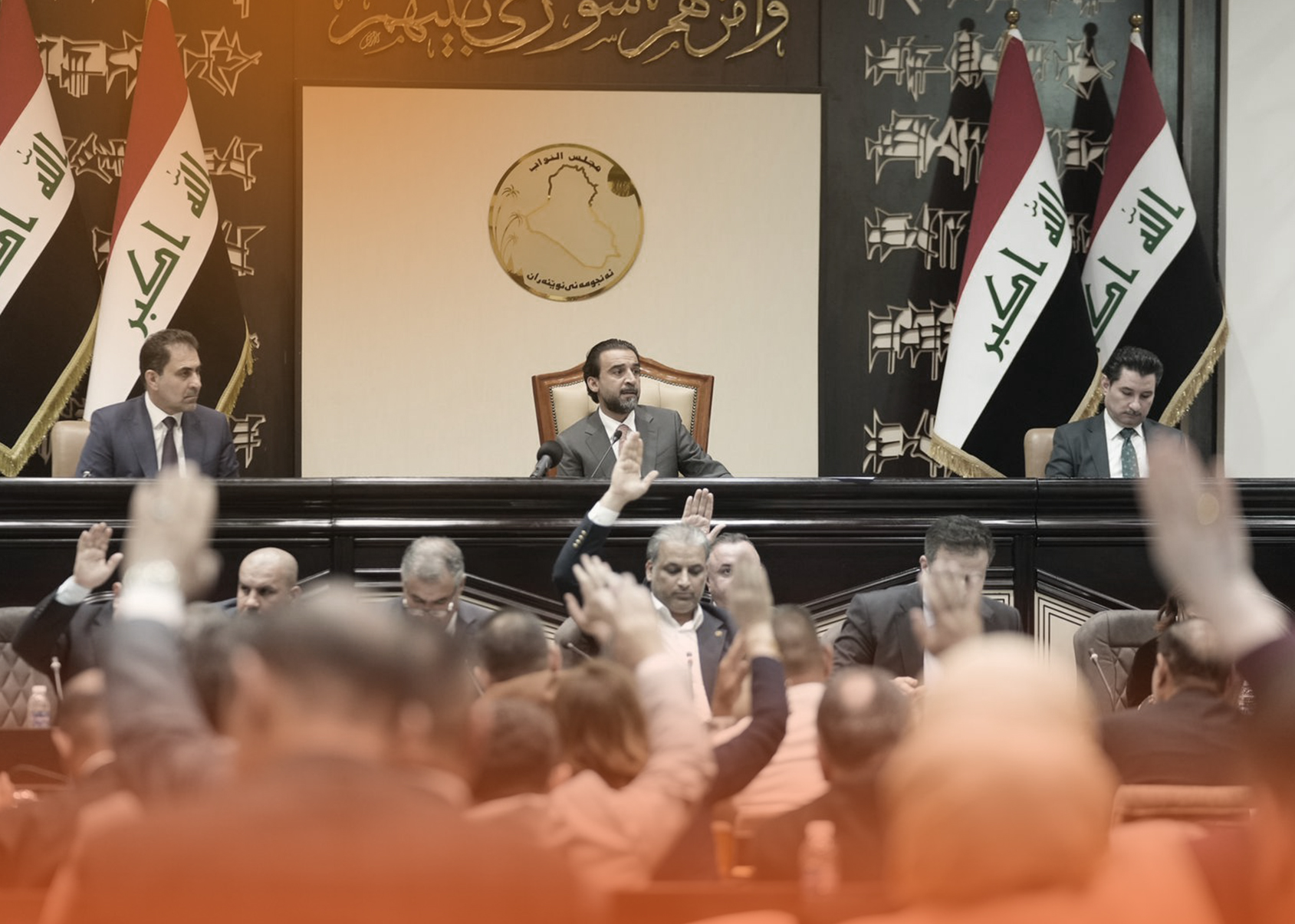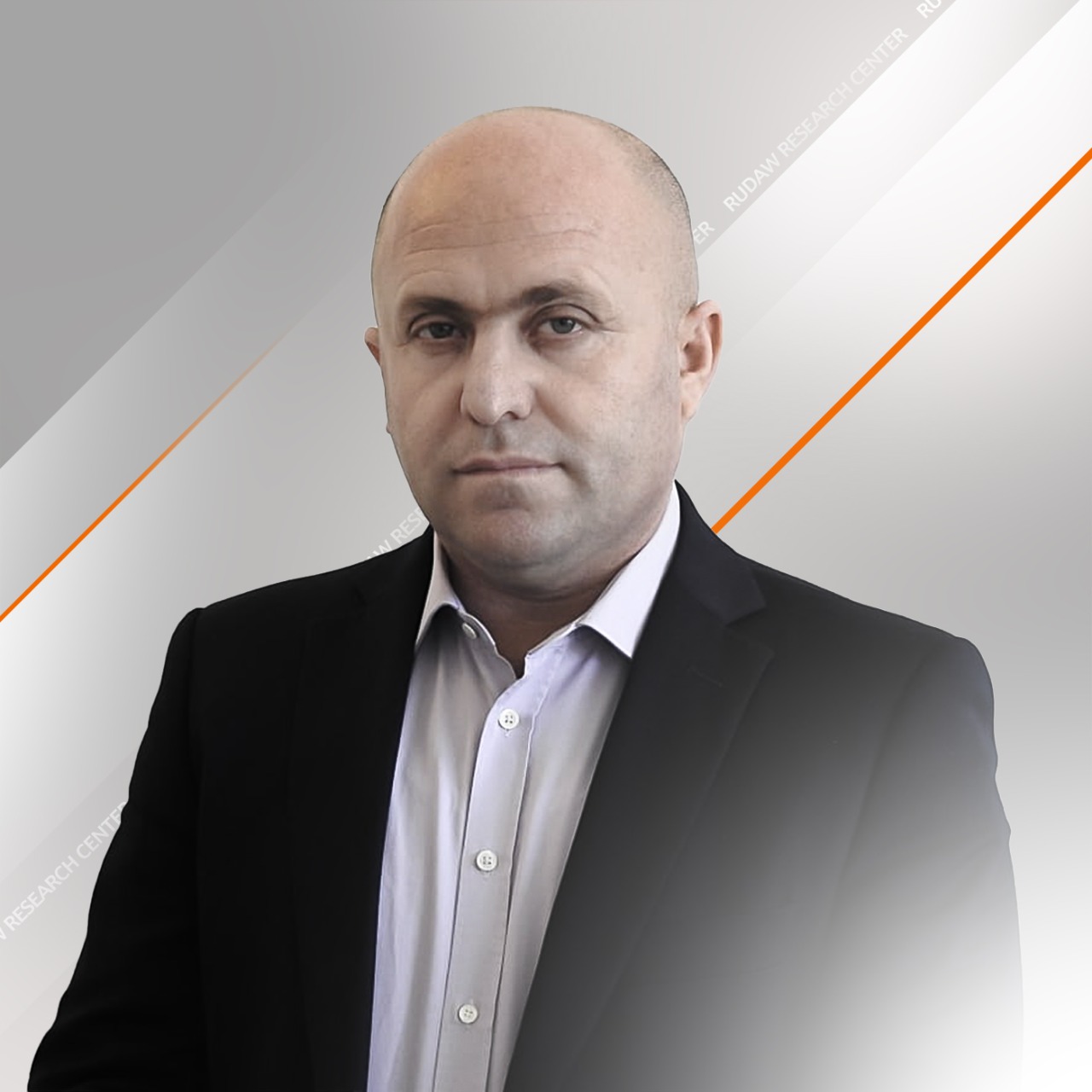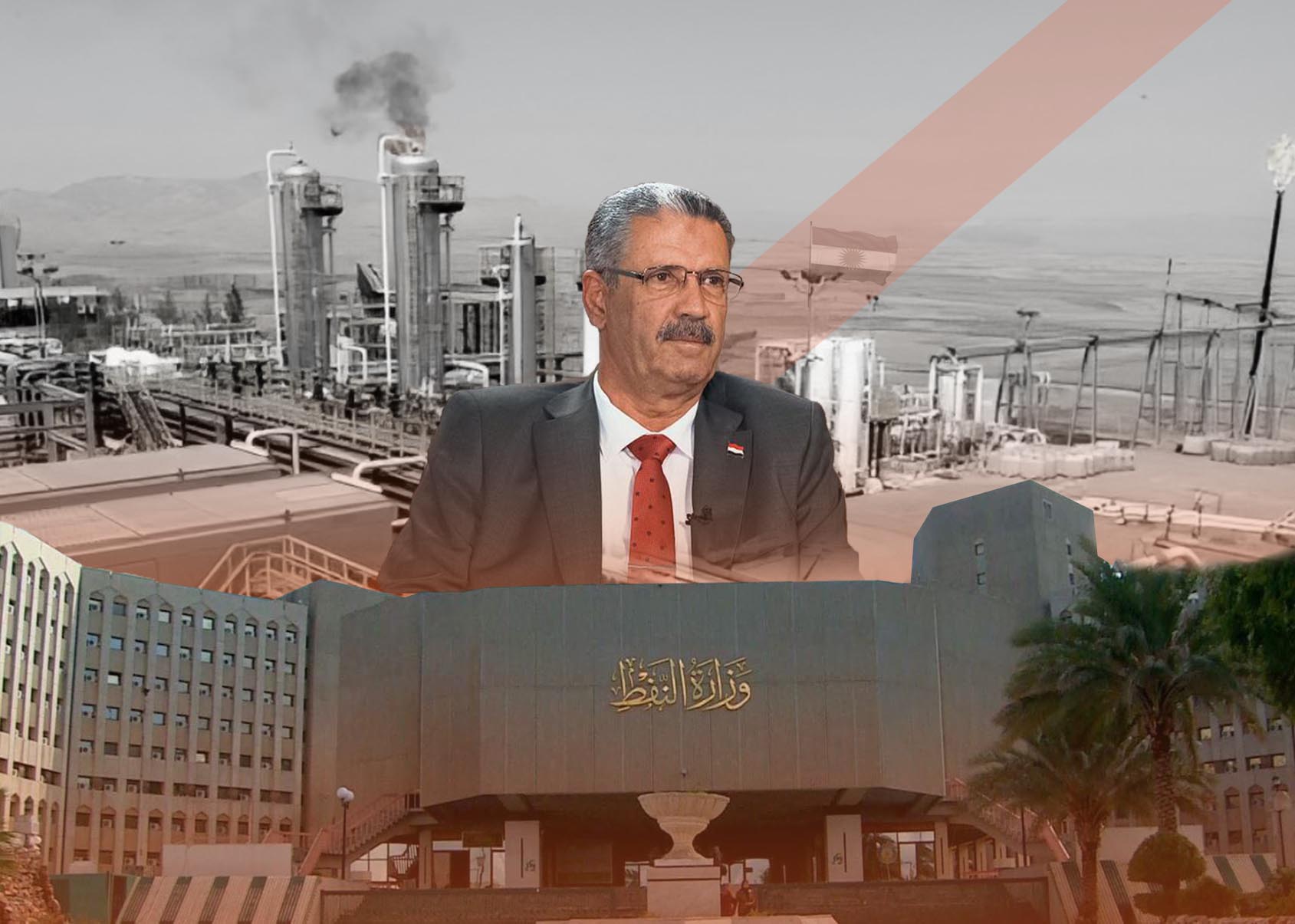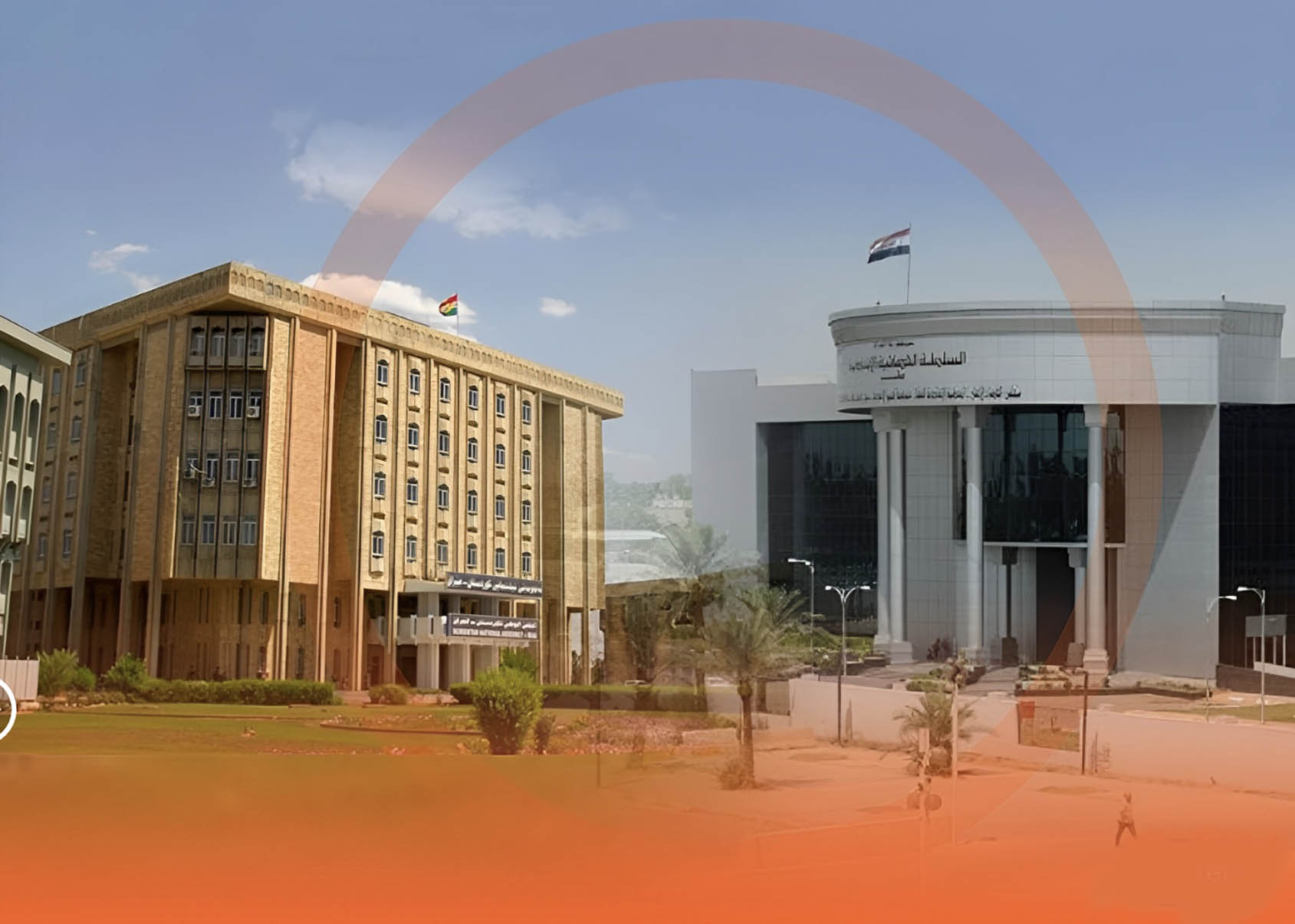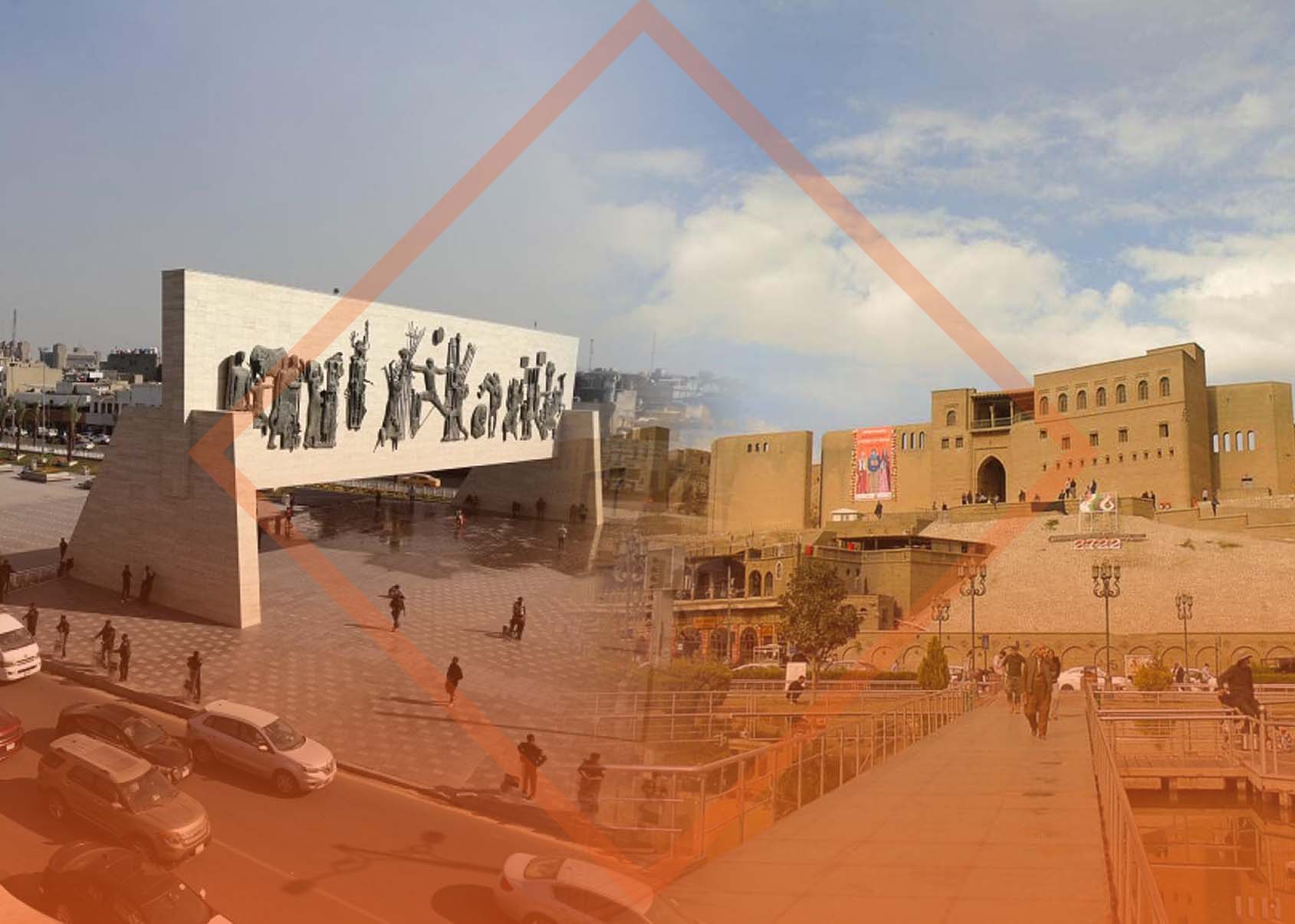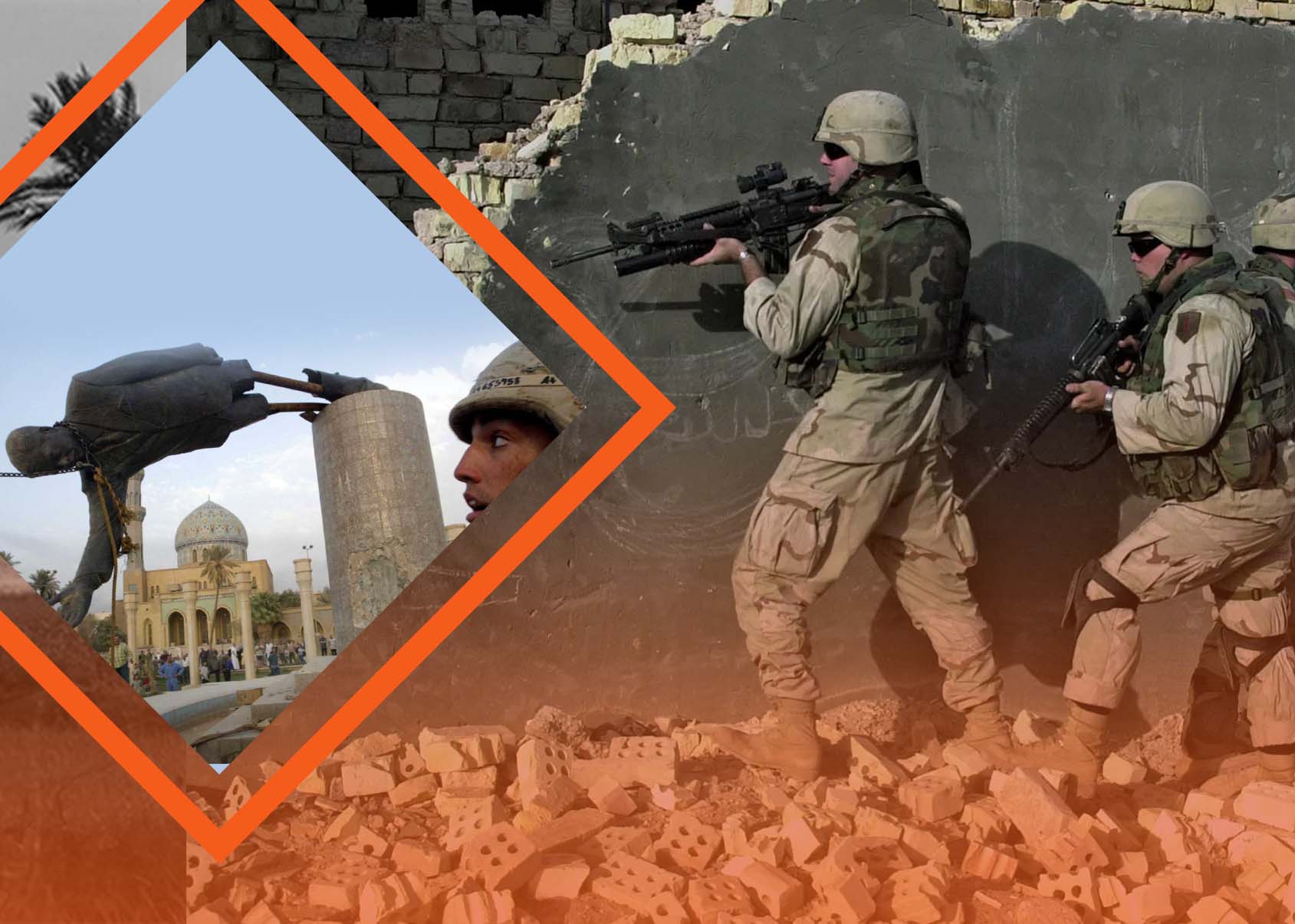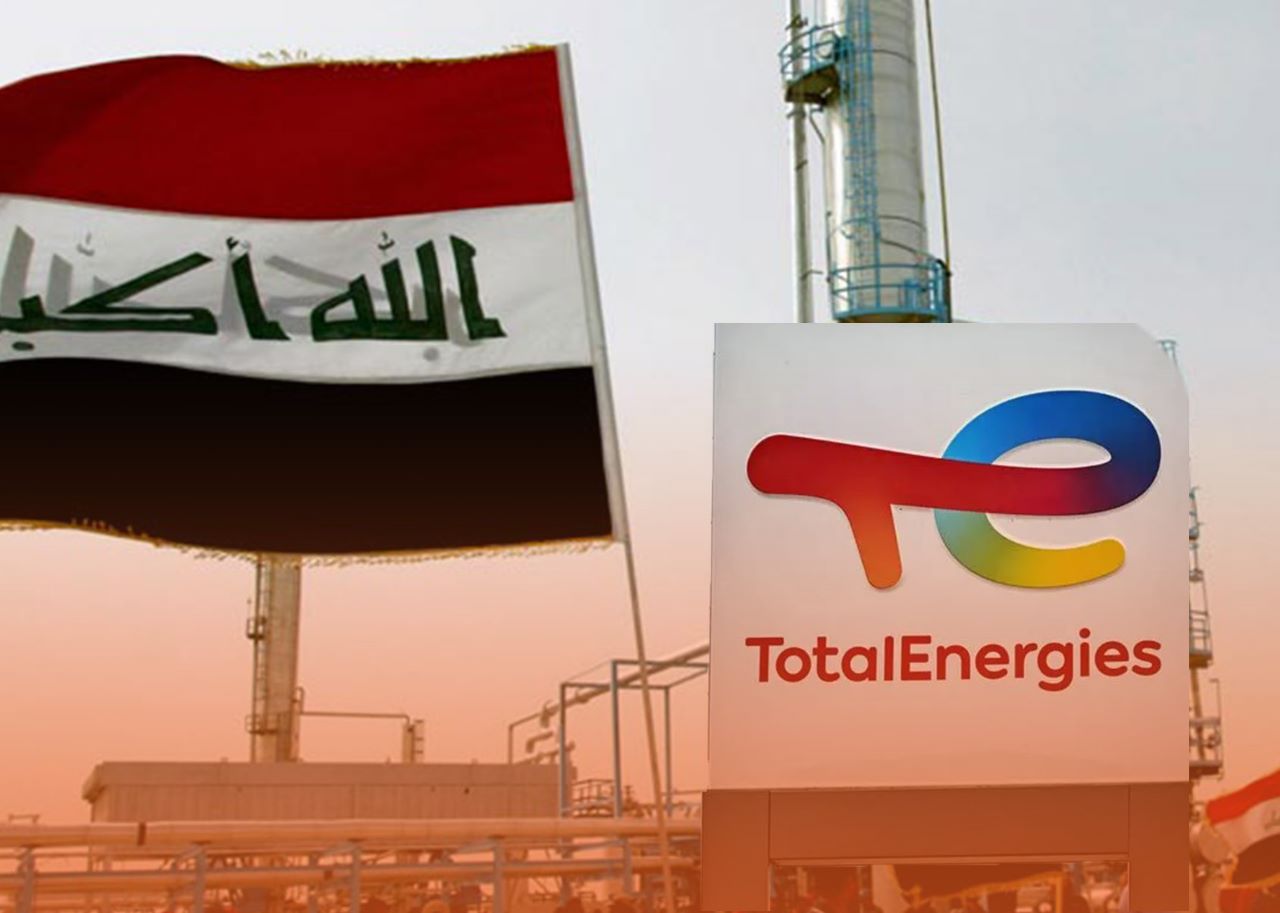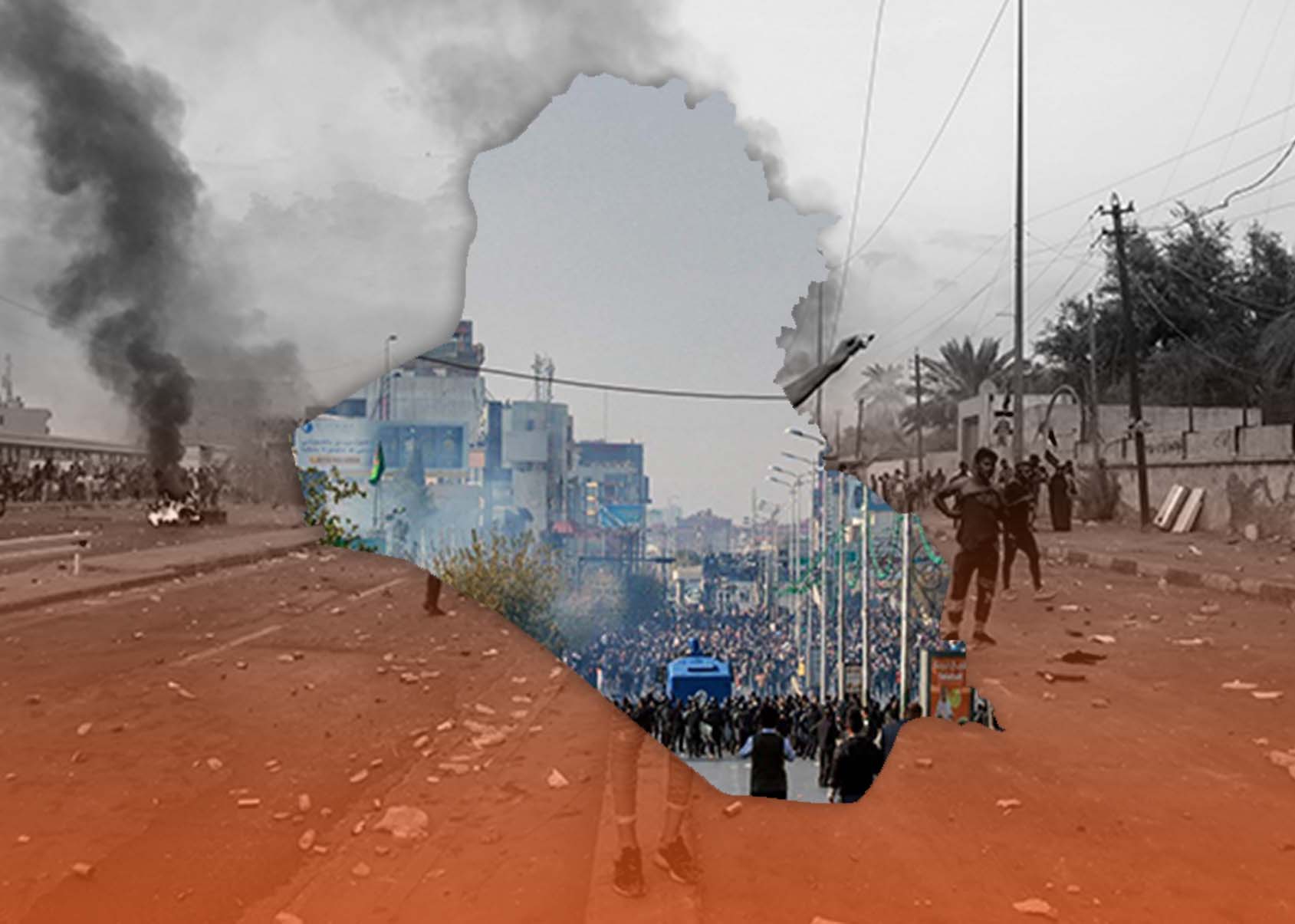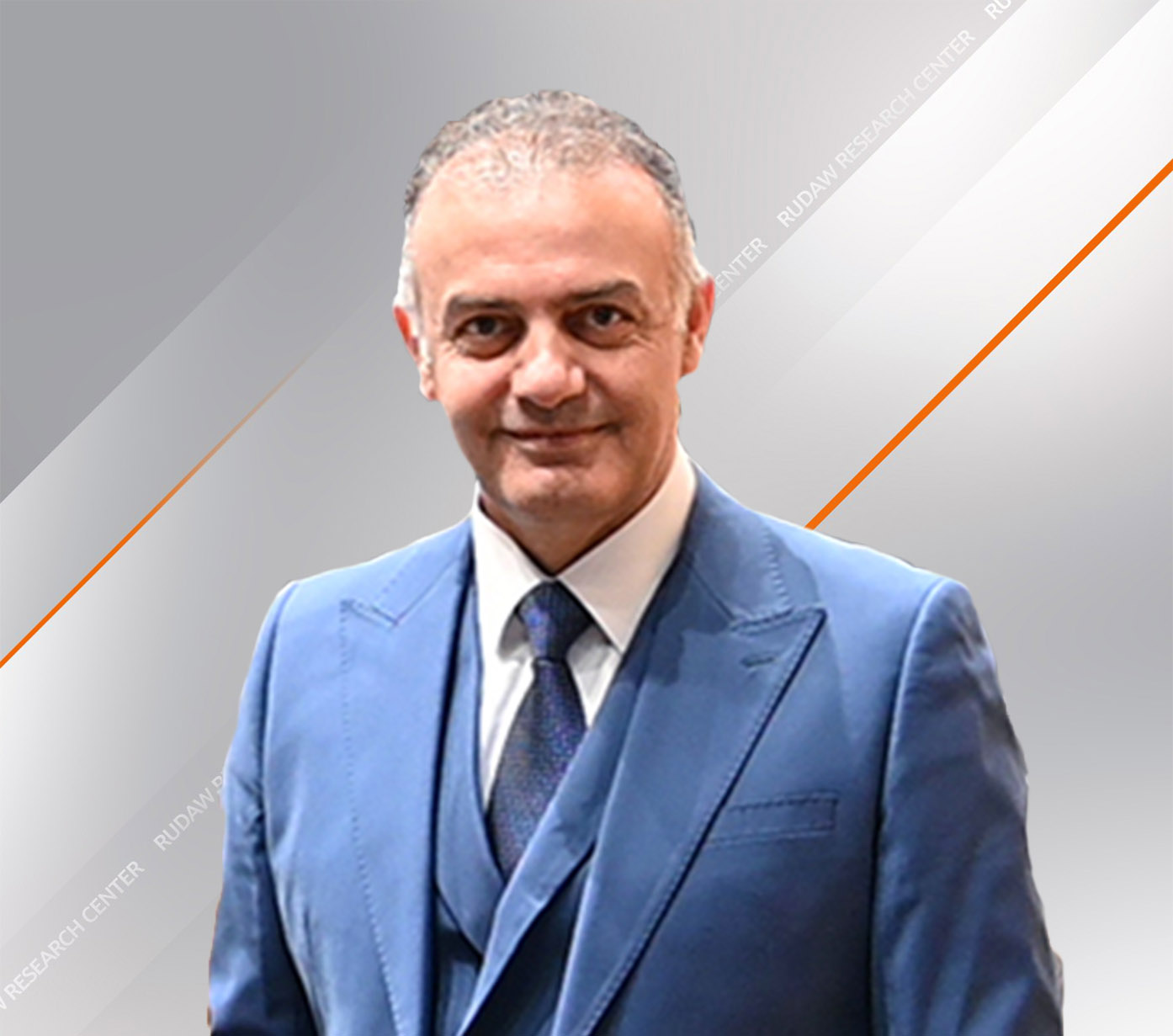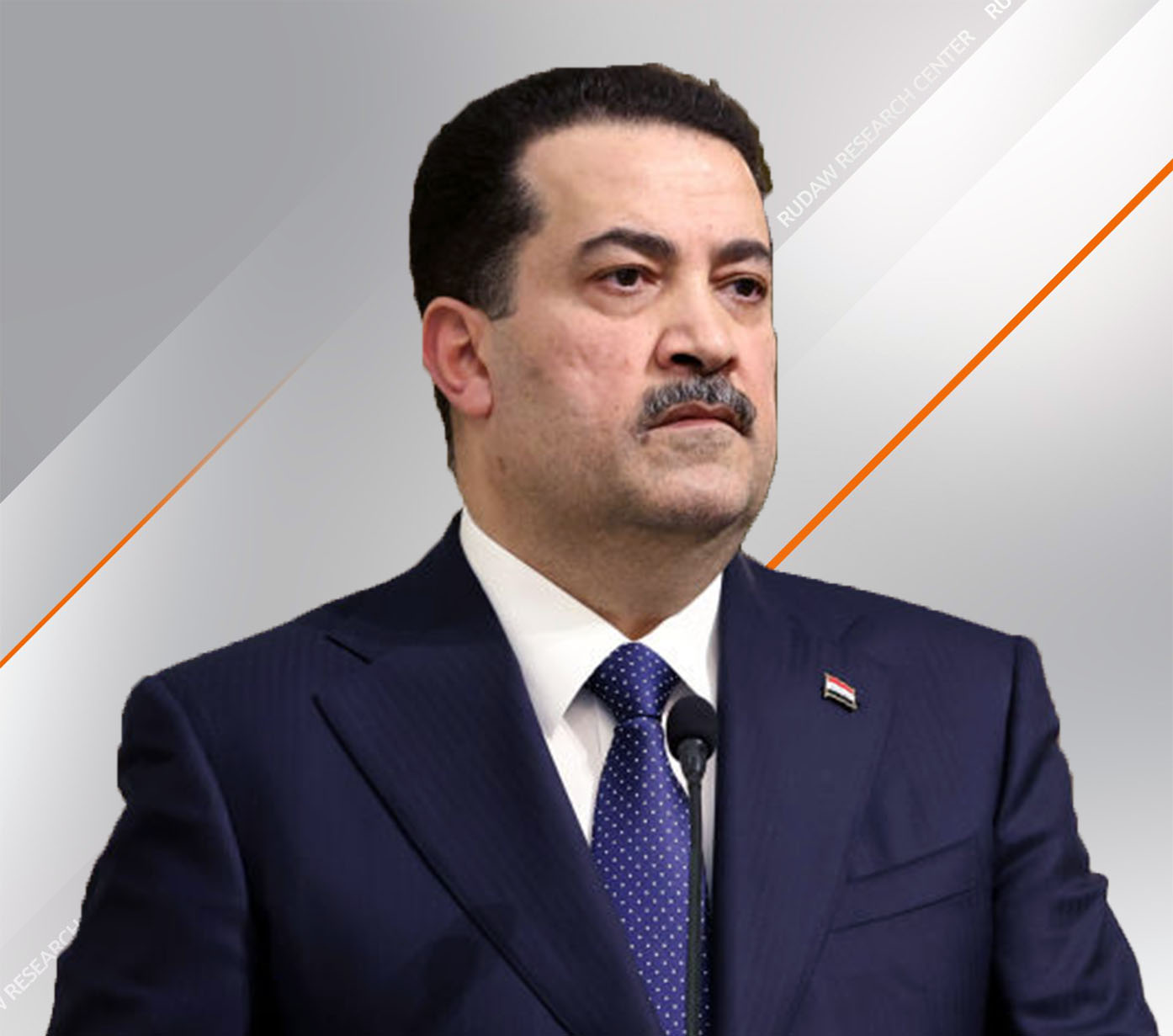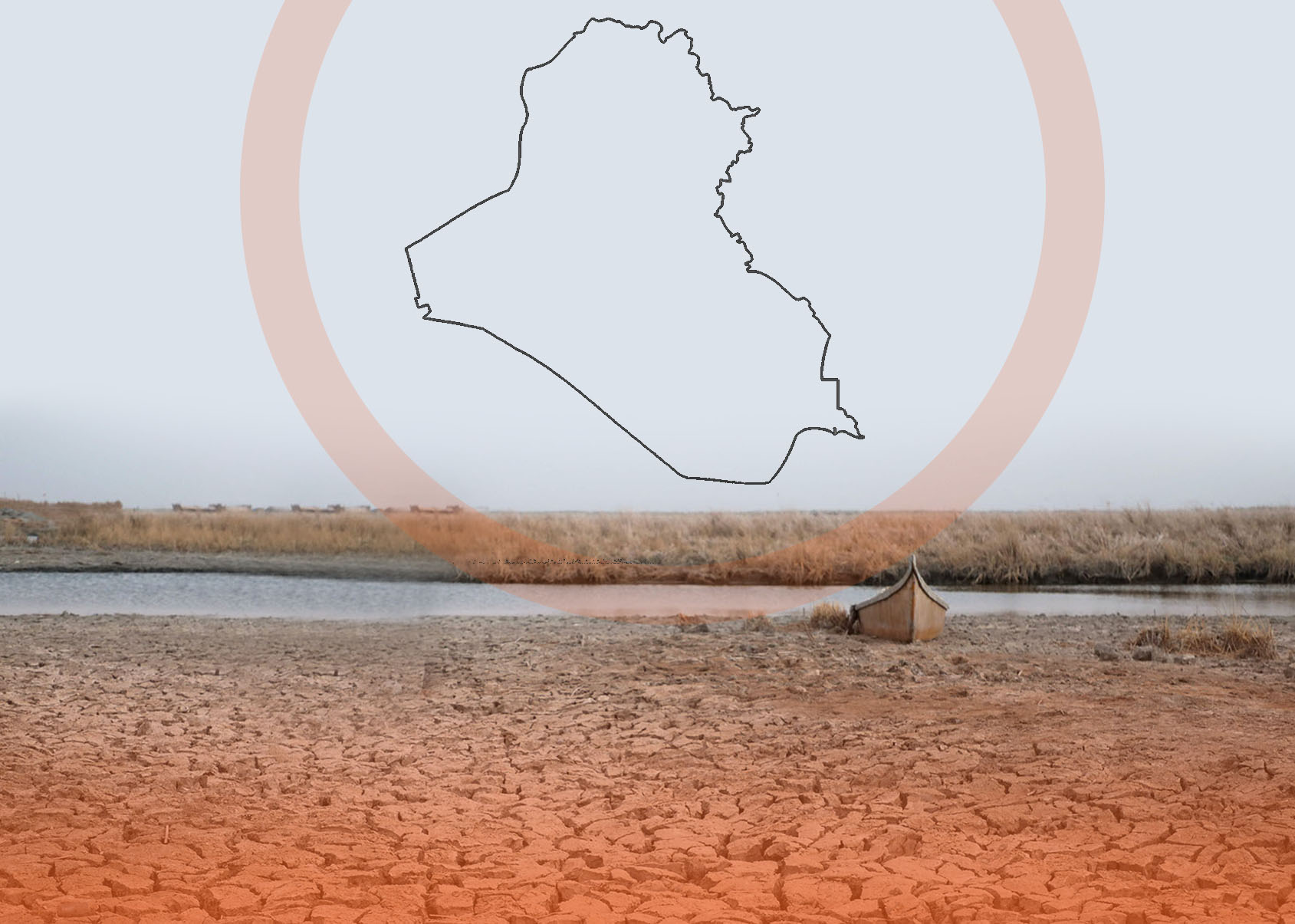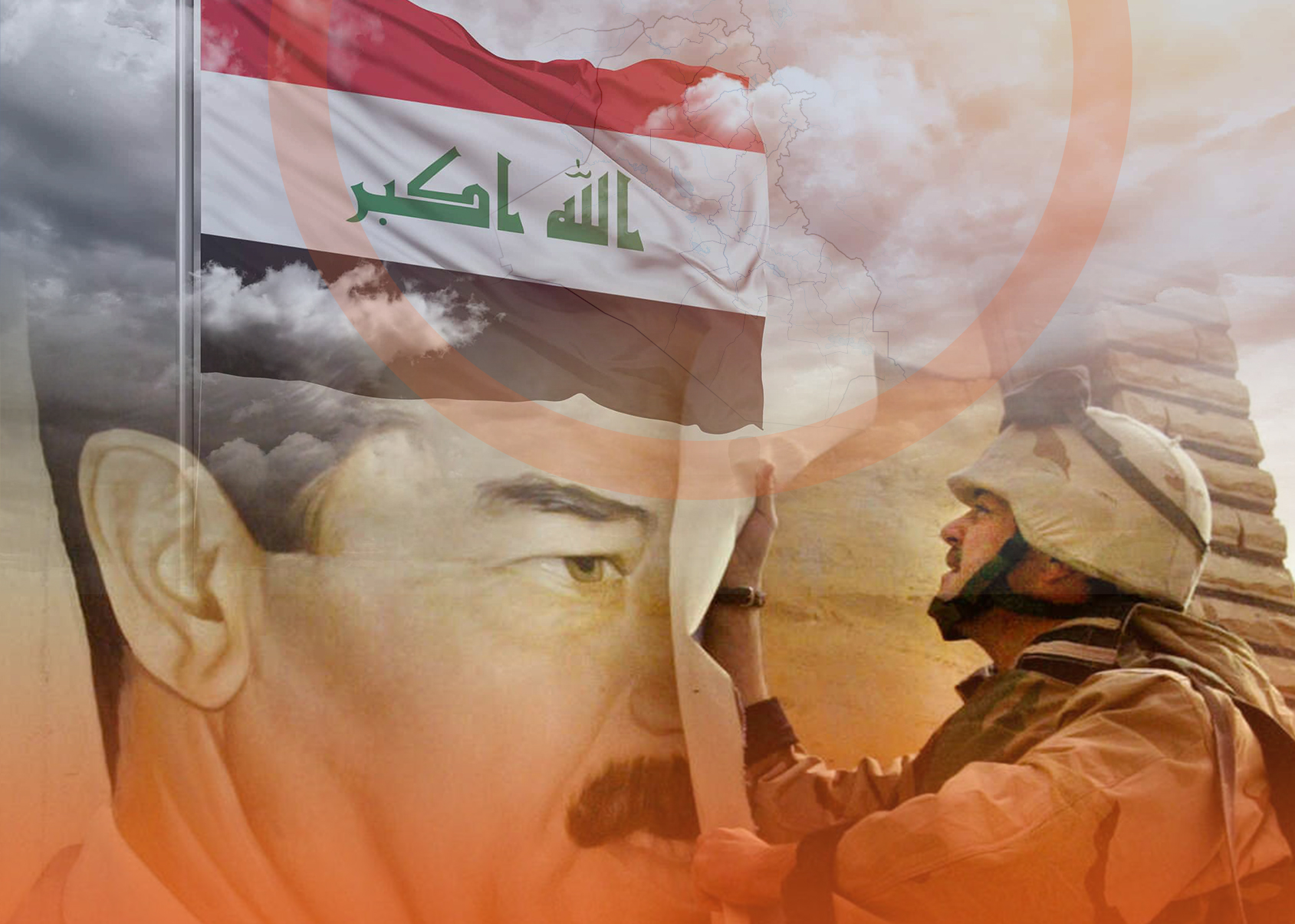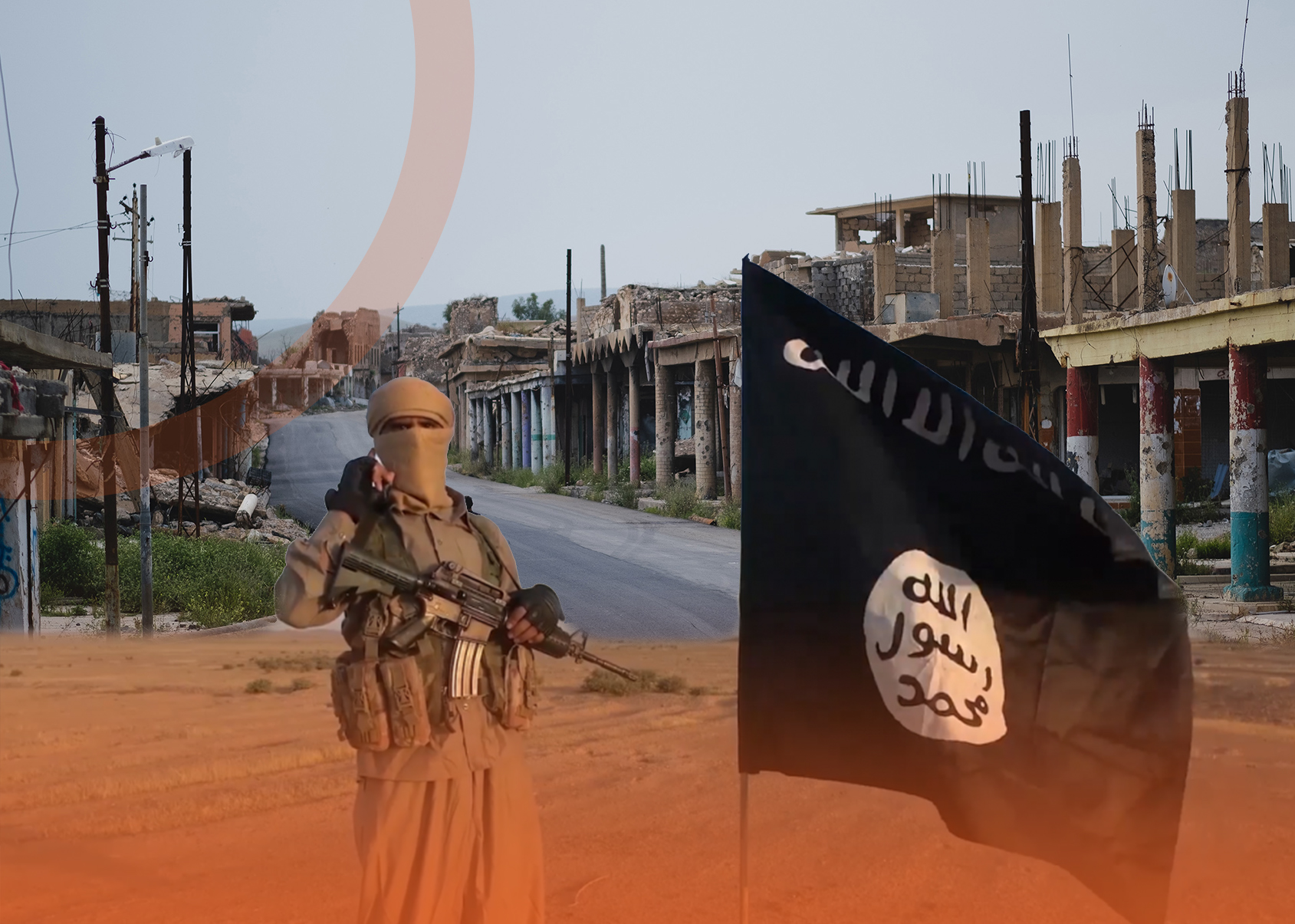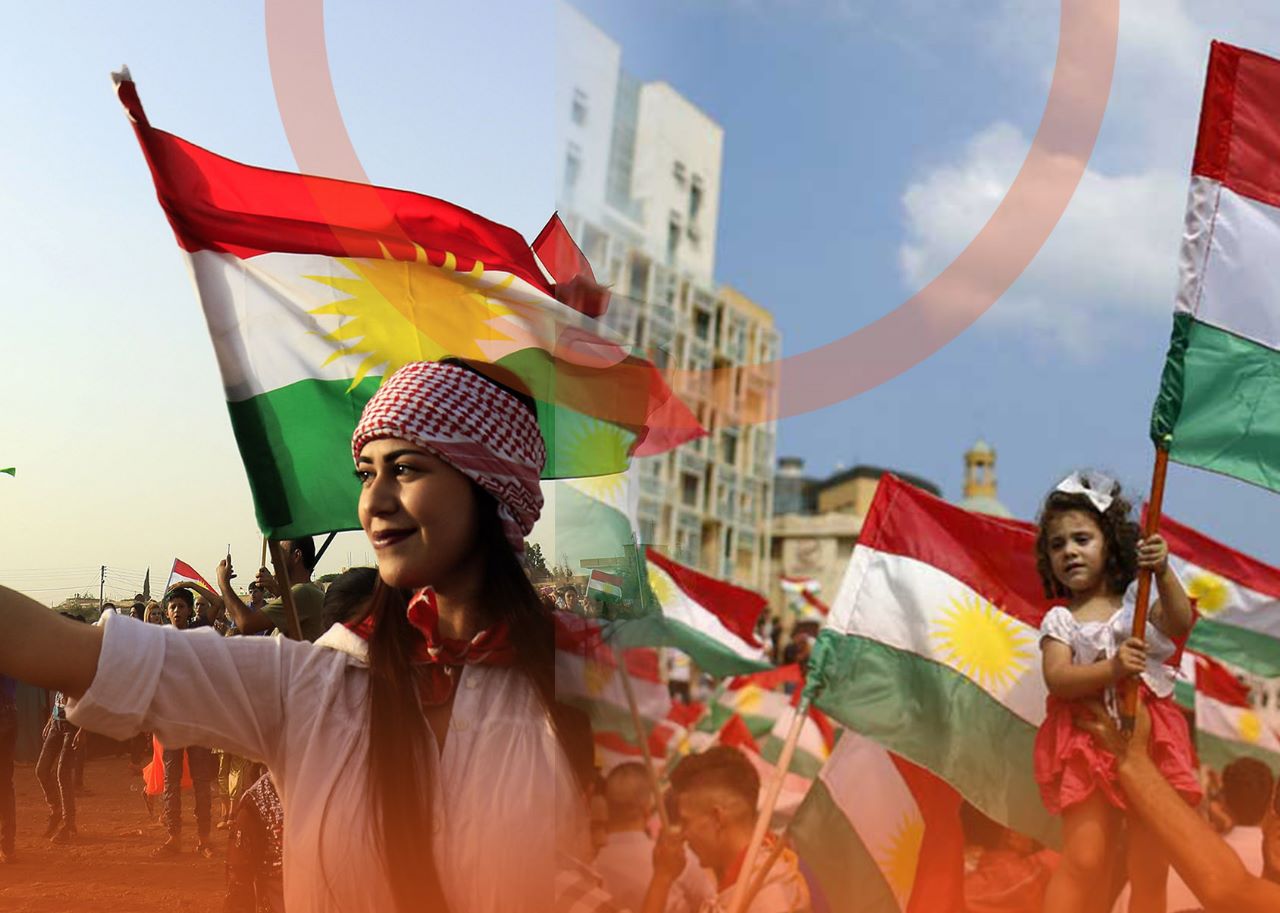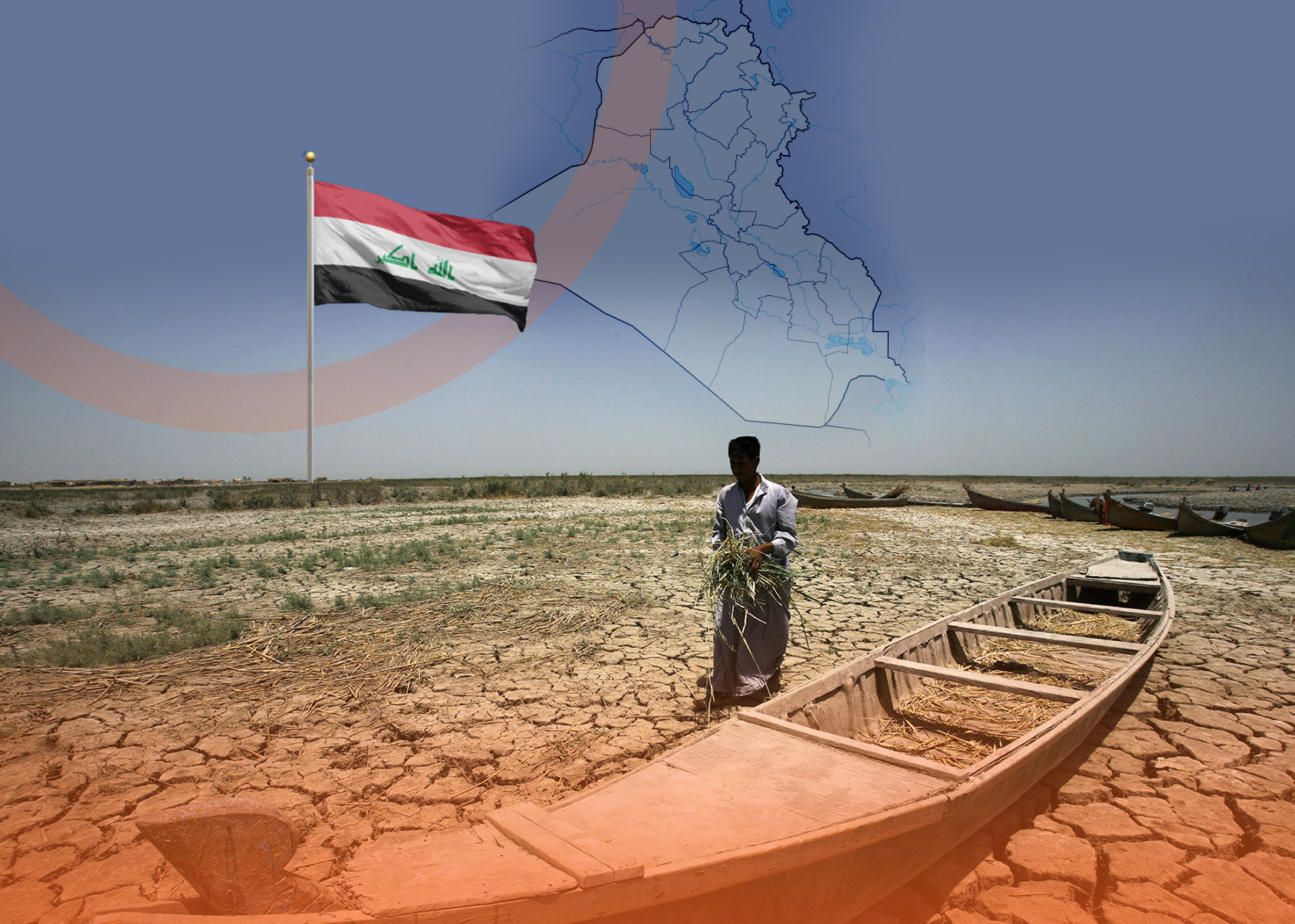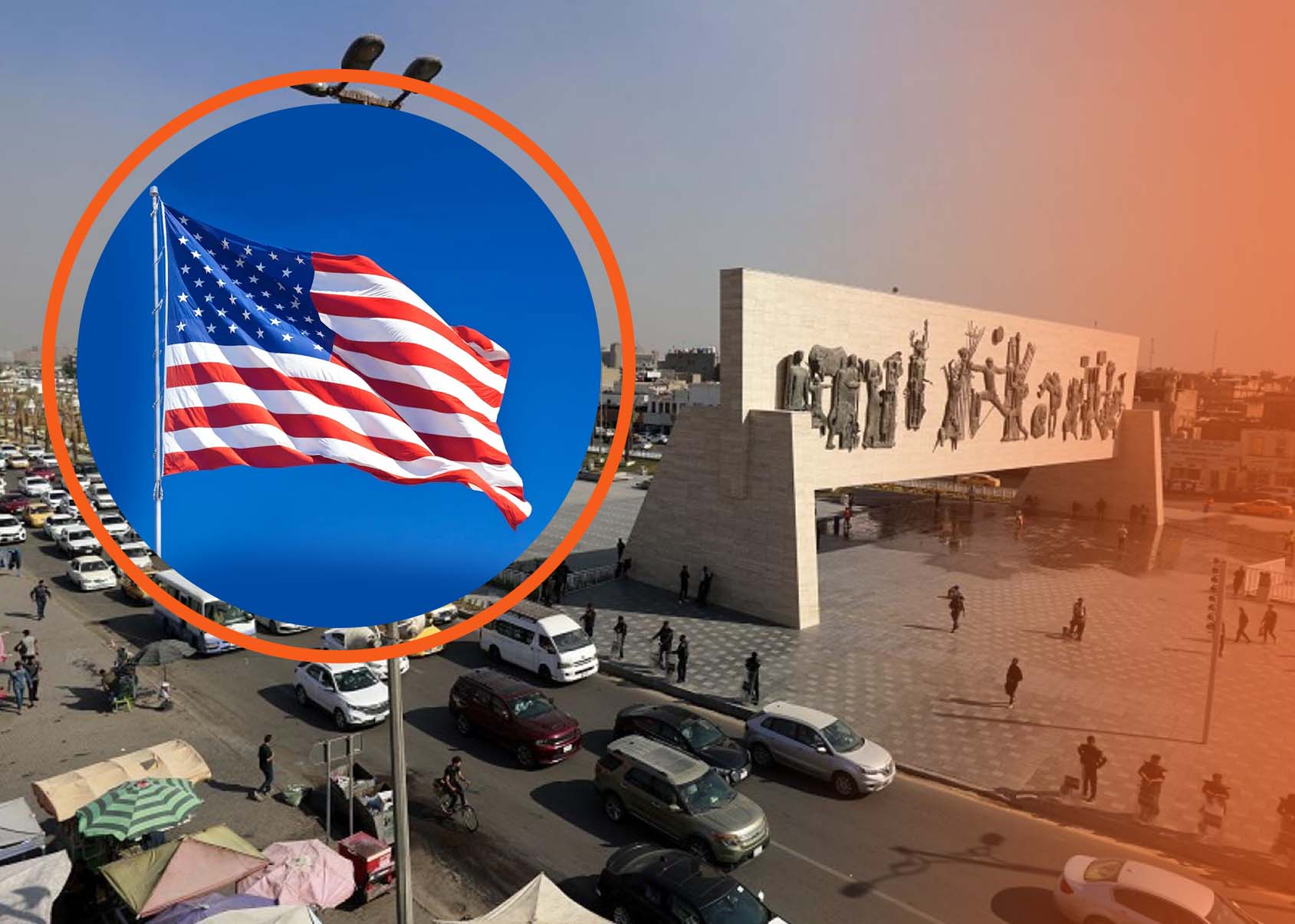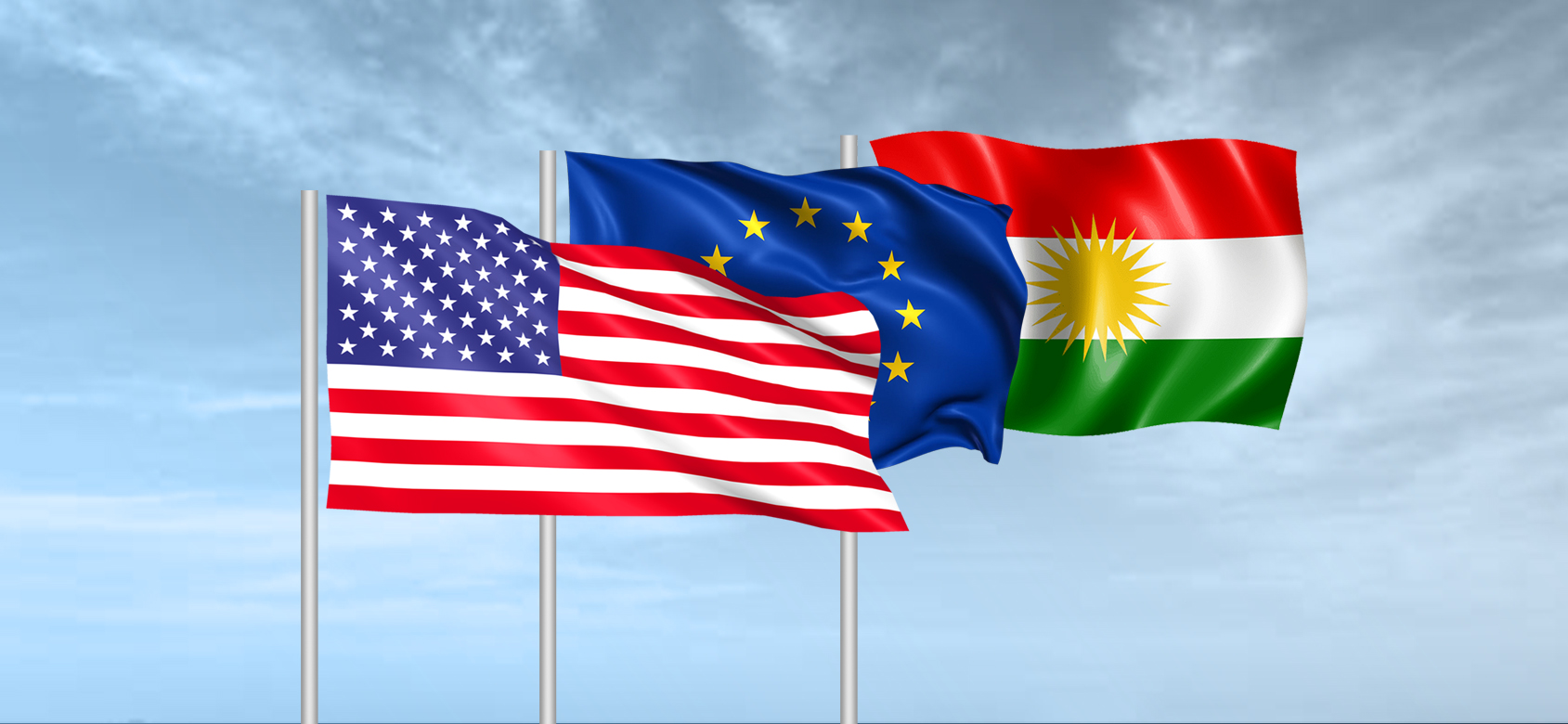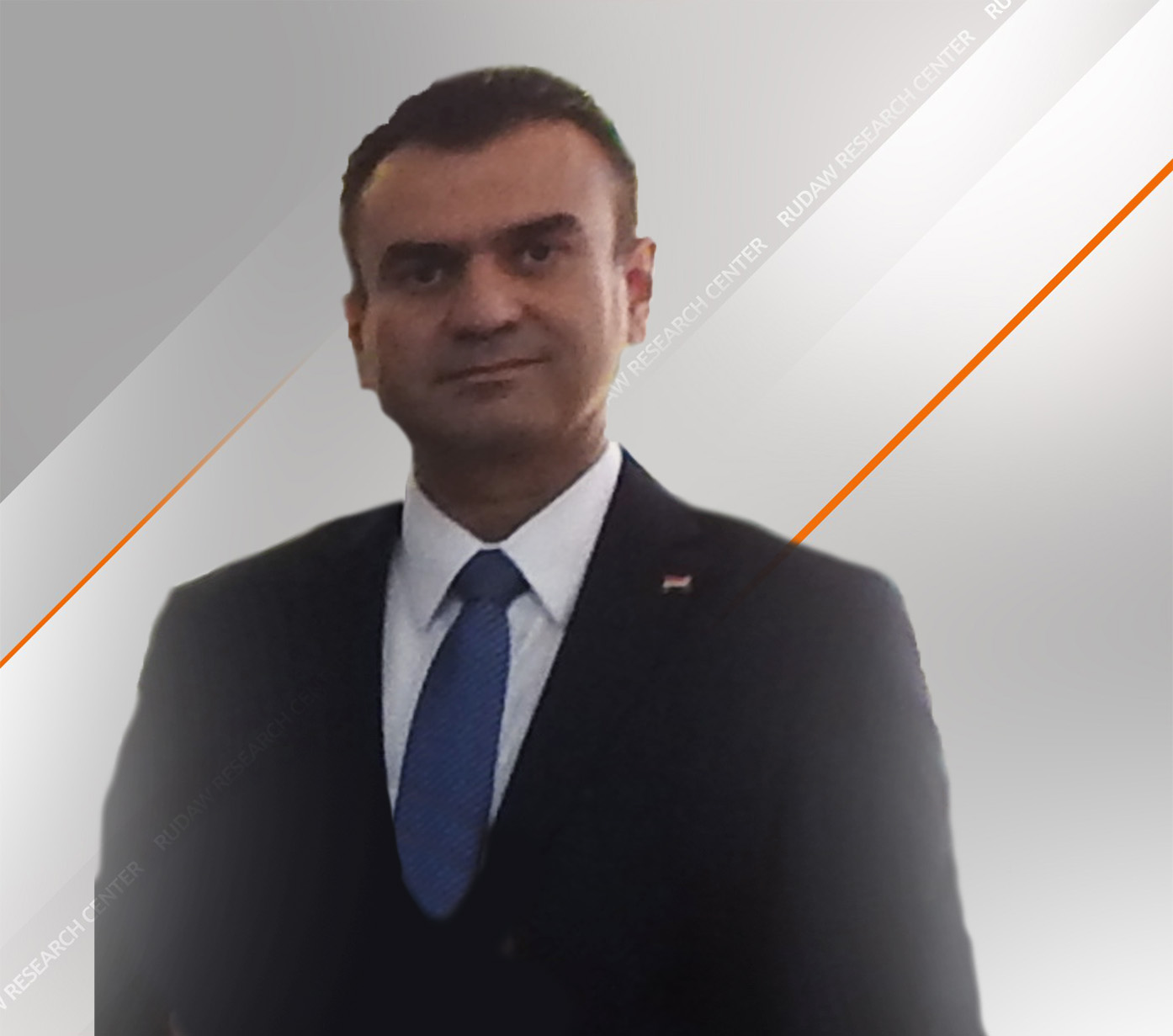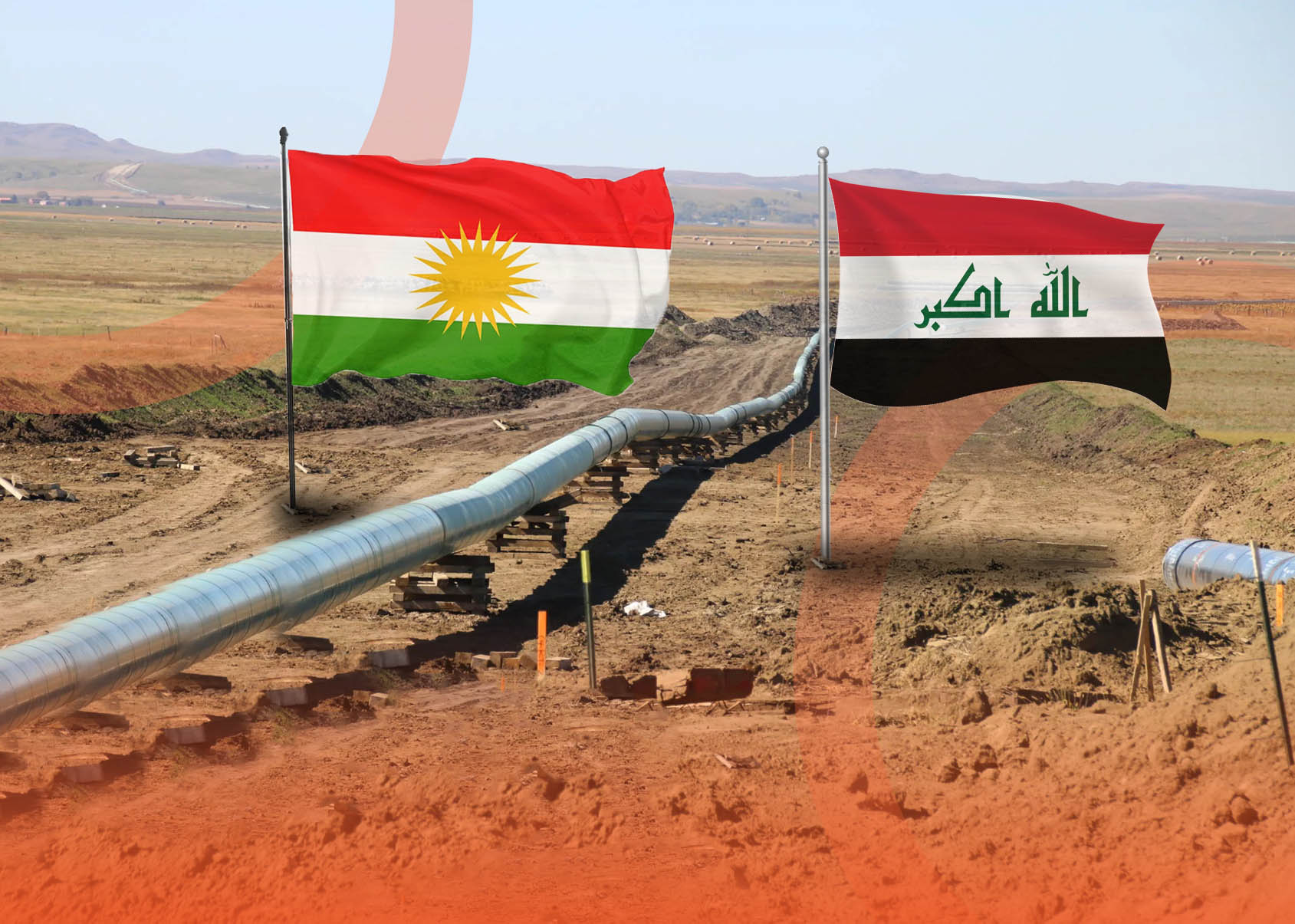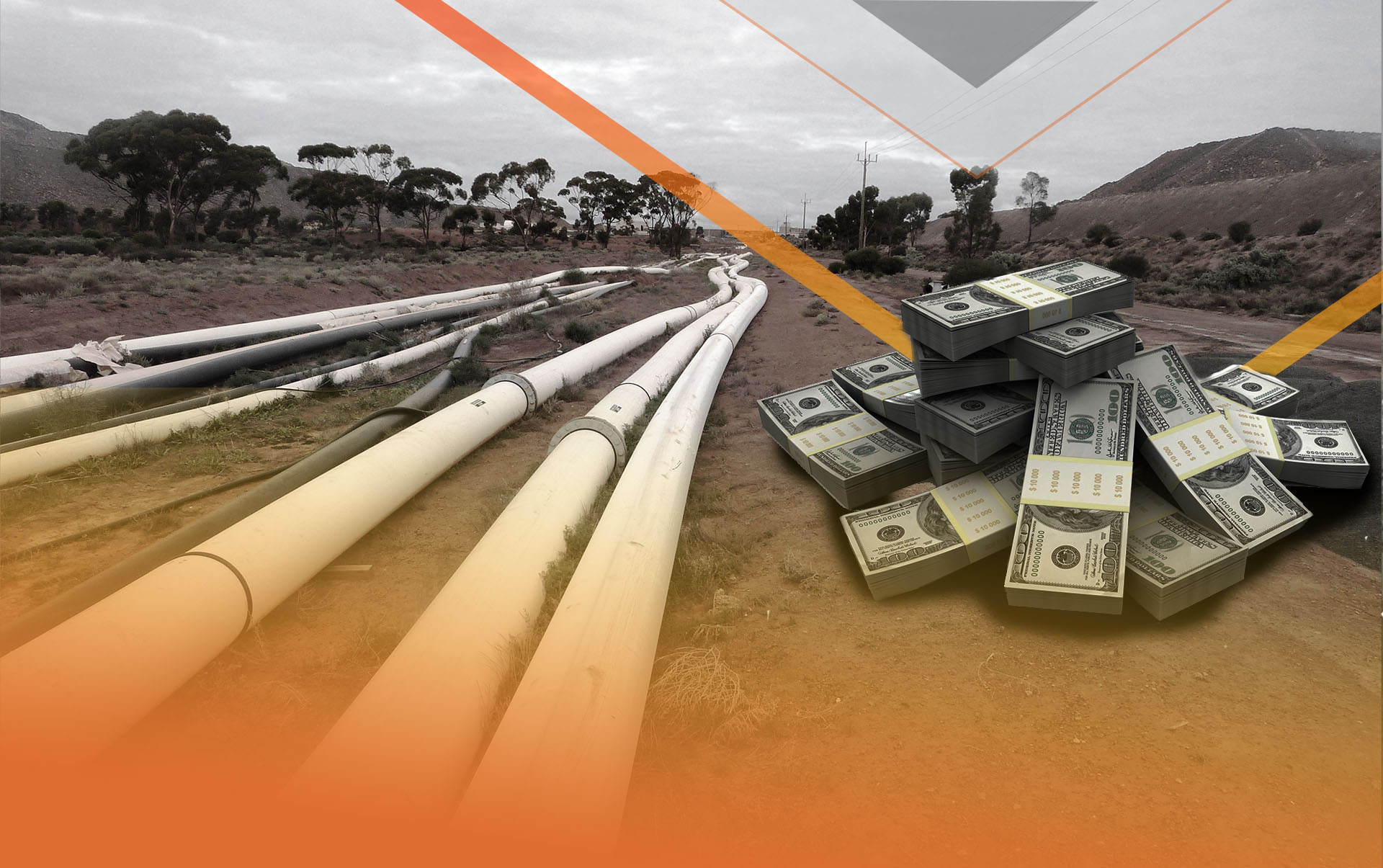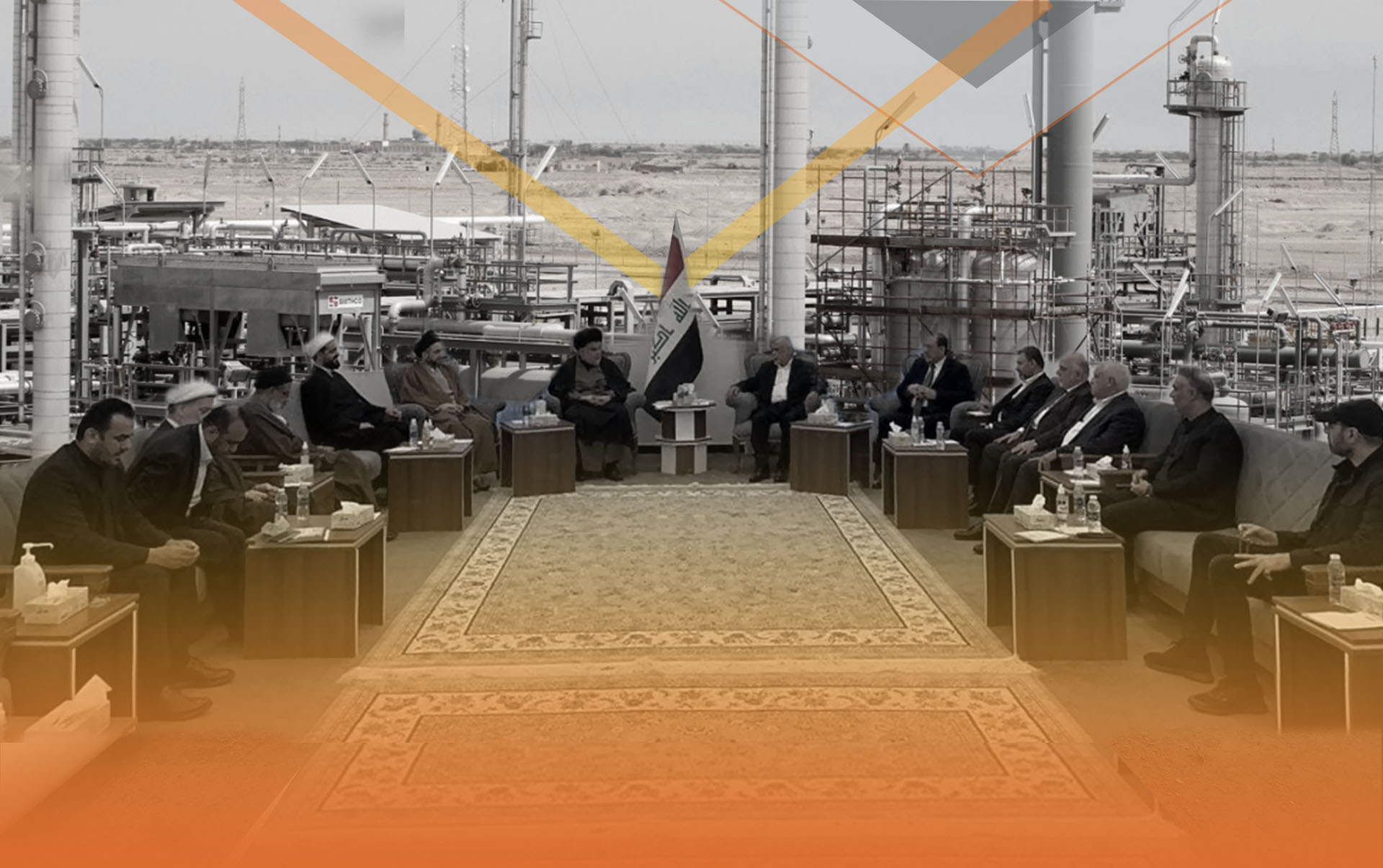Despite its substantial size and significant spending, the budget's ratification has set new precedents and instigated political and structural discord with deep implications
While Kurdish ambitions have aspired to be a pivotal force in post-2003 Iraq, they have struggled to retain control and influence in Baghdad
This budget, which the Kurds seem to have reluctantly accepted due to internal pressures may hold a minefield of unintended consequences and conflicts
The Oil Minister indicated that Turkey's decision to continue suspending oil exports from the Kurdistan Region and Kirkuk is not connected to purported technical problems with oil pipelines that followed the earthquake
Decoding the Federal Court's Decision: A Deeper Dive into its Implications for the Kurdistan Region
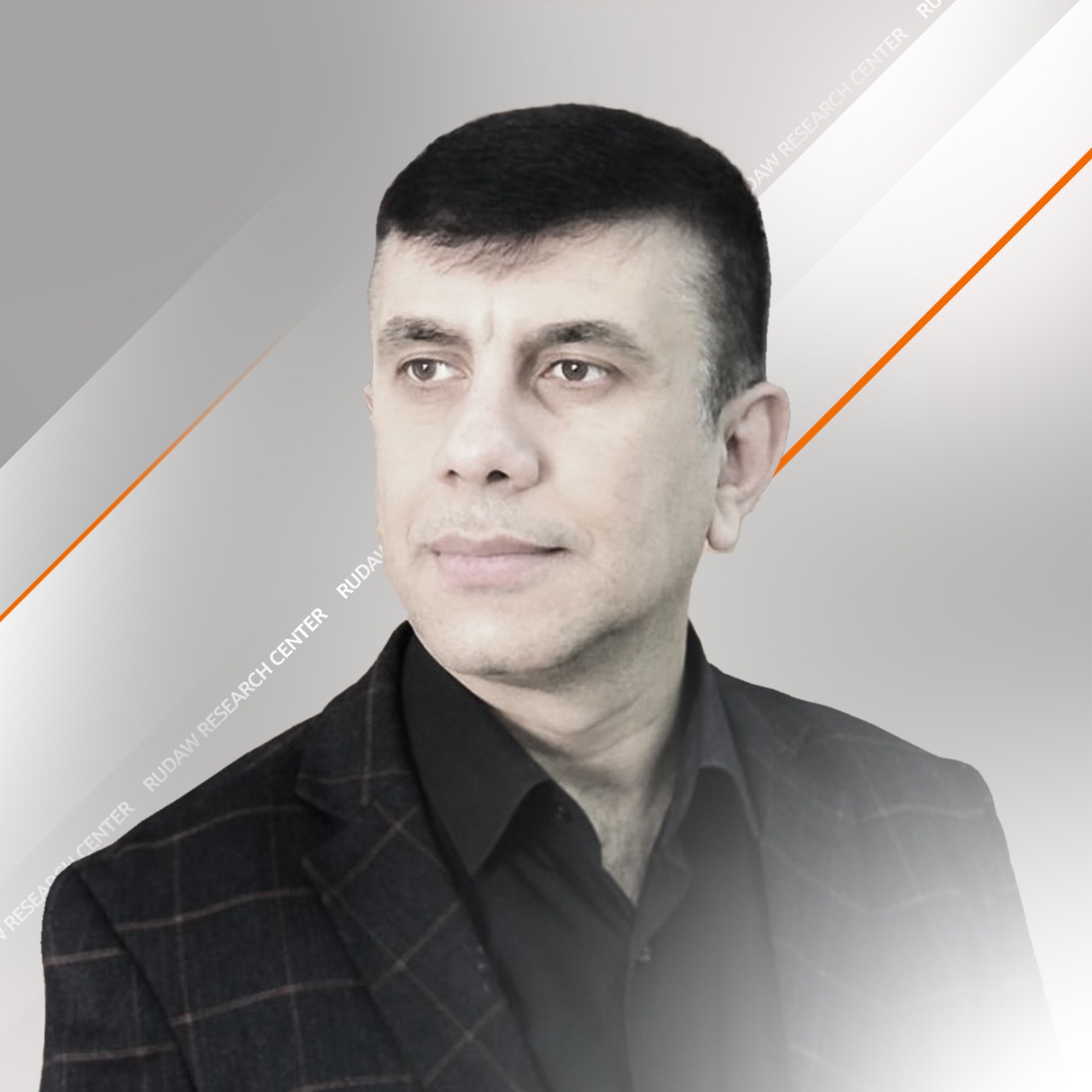
The court's twenty-page verdict offers an in-depth, holistic analysis of the reasons for the rejection of Law No. 12 of 2022, drawing on the internal regulations of the Kurdistan Regional Parliament
The autonomous region of Iraqi Kurdistan has many important oil and gas reserves, but the exploitation of these resources has been, for a long time, a source of tensions between Erbil and Baghdad. The new agreement, negotiated under the auspice o the Organization of Petroleum Exporting Countries is considered to be an important step toward the reconciliation in Iraq and could bring a much needed long-term stability to the country.
The American occupation of Iraq in the light of the British "imperial precedent" twenty years later
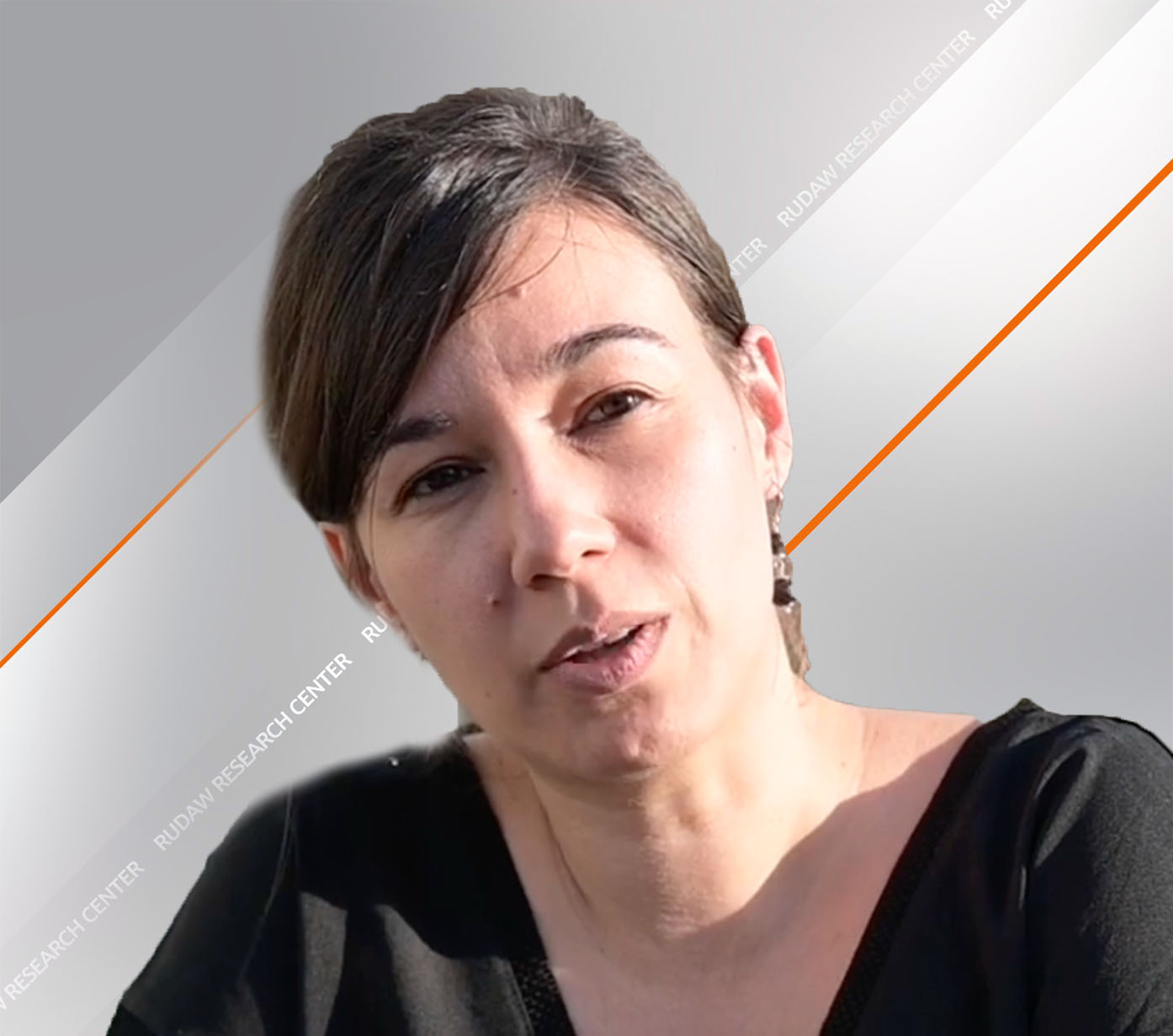
This article aims to review the American occupation of Iraq (2003-2011) in light of the domination that the British had in this country in the aftermath of World War I. This article compares the strategy of the two powers to rebuild the Iraqi state and protect their interests, a process characterized by the same hegemonic aspiration and the same claim to build a state from above in a coercive context.
This article proposes a deep analysis of this historical agreement made between the government and TotalEnergies for the GGIP project, underlining the major impact on Iraq's economy and its significant implications for the global energy industry.
The journalist and author Laure Marchand explains the attack that happened in the head office of France’s Kurdish Democratic Council (CDK-F), exploring the different theories and arguments regarding this case. An enlightening reading for those who are interested in international news. Three months after the crime, the Kurdish community still doesn’t believe it was an isolated racist crime and is still in quest of understanding the outside actors that could’ve influenced the presumed murderer.
On October 1st 2019, a protest, unprecedented in its nature and its magnitude, shook Iraq. The ruling elite, in a state of generalized panic, adopted a strategy of repression, just as unprecedented, at least since 2003.
On these days, we commemorate the 20th anniversary of the previous dictatorial regime’s fall, full of woes and tragedies, but also full of the hope for liberation from oppression, injustice and the move towards independence and prosperity.
Climate change acts as a multiplier of threats when correlated with other factors related to political instability. Insecurity, lack of economic opportunities, and environmental degradation are among the reasons that drive individuals to leave their native region. The resulting humanitarian crises pose many challenges, particularly when displacements are motivated by climate-related hazards.
Twenty years ago, the United States declared war on Iraq. A war that would turn into a military quagmire and a resounding political failure. Adel Bakawan, director of the French Research Centre on Iraq, looks back at the events that led to the American invasion and its consequences for the Iraqi political system. Since then, the country has been struggling to maintain its territorial, societal and state unity, as demonstrated by the recent elections and the new political alliances.
In a report published on the 9th of February 2023, the UN affirms that the threat of Daesh remains high. According to senior UN officials, the terrorist group continues to exploit the local fragility and the inter-communitarian tensions in the Middle-East and in Africa. Virginie Sauner analyses the Iraqi current perspectives of this global threat who still remains “particularly worrying.”
The present article addresses the experience of identity and belonging among second- generation Kurdish youths who returned to their ancestral homeland after an upbringing in Western Europe. The youths’ descriptions of self are taken to imply an understanding of themselves as transnational actors; they identified with both their ancestral homeland and the country where they grew up, felt a sense of belonging to both places and engaged in practices across the borders.
Global warming is a worldwide concern and also a national emergency for the fifth-most vulnerable country to climate breakdown, Iraq. Water shortage, among others, is a source of local and international migration affecting a precarious local balance. General causes of climate change, like natural resources’ exploitation, are boosted by local factors including geopolitics and economics. To address this issue, the government, assisted by various international institutions, has an ambitious agenda whose impact is impeded by the same local or regional specificities. Other solutions, without a holistic approach, could rose from the national and international private sector, especially through the development of tailored-made renewable energies’ projects. To be efficient, these actions could benefit from the coordination and assistance of the Iraqi institutions if only they can provide foreign companies, including Europeans, with a safe frame to develop.
The United States withdrawal from Iraq: what kind of future lies ahead for Baghdad?

n July 2021, US President Joe Biden announced the definitive withdrawal of US forces from Iraq and the establishment of a new military cooperation between the two countries. While this departure has been made official twice, in 2011 and in 2021, to what extent is it effective and what consequences could it have on the political future of an Iraq torn by sectarian tensions? And can we really talk about a “withdrawal”? Because, on the ground, the United States continues to operate, particularly in the context of the international war on terrorism.
The Kurds live in the Middle East, a region hostile to the West, yet they are committed to their alliance to America and Europe based on shared values
Before the announcement of the court's ruling, the Elysee Palace played host to officials from both Baghdad and Erbil
The article explains the financial commitments of the Kurdistan Region according to the federal budget for 2004 and 2022, as well as the financial debts that the KRG owes to the oil companies.
At the domestic level, the Shiites' most significant challenge is the provincial elections at the end of 2023 and the ongoing monitoring of Muqtada al-Sadr's plans and activities, which are a cause for concern.

